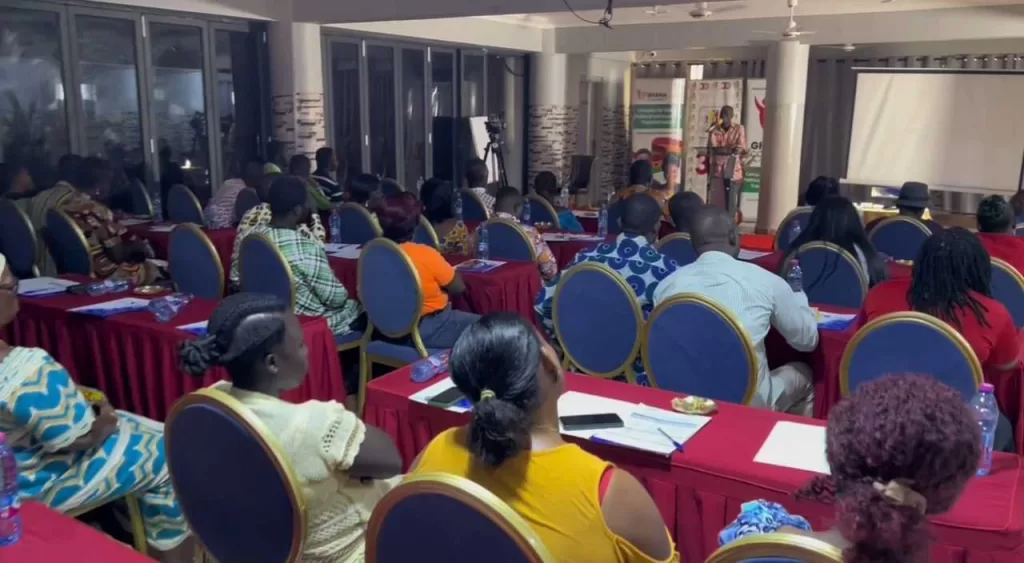The National Commission for Civic Education (NCCE) and its partner, African Center for Economic Transformation (ACET), have embarked on a nationwide stakeholder consultation to develop the Ghana Compact document. This document will serve as a guide for politicians, outlining the expectations and concerns of the citizenry.
The Ghana Compact is a policy document that will be presented to the leadership of political parties, ensuring they understand the needs and aspirations of the people. According to Chairperson of the NCCE, Kathleen Addy, the document aims to provide a framework for political leaders to execute good governance.

Ghana’s biggest weakness, according to Addy, is the inability to hold political leaders accountable. She emphasizes the need for citizens to scrutinize the promises and policies of politicians, rather than merely accepting their words at face value.
Addy highlights the issue of corruption in the political process, where delegates demand money in exchange for their votes. This creates a culture of corruption, where politicians prioritize repaying debts over serving the nation.
She stresses that citizens must recognize their role in perpetuating this cycle and start thinking critically about the consequences of their actions. The money used to bribe delegates could be better spent on essential public services like education, healthcare, and infrastructure.
Meanwhile, Professor John Asafo Agyei, a senior fellow at ACET, urges citizens to vote based on carefully examining the manifestos of political parties. He advises against voting based on monetary considerations or empty promises, but rather on policies and track records.
Agyei emphasizes that political parties often fail to fulfill their promises, so citizens must hold them accountable by voting based on substance rather than rhetoric. By doing so, citizens can ensure that their chosen leaders prioritize the nation’s development over personal interests.
The Ghana Compact document aims to facilitate this process by providing a clear and concise guide for political leaders to follow. By presenting a united front, citizens can demand better governance and hold their leaders accountable for their actions.
Through this initiative, the NCCE and ACET hope to empower citizens to take an active role in shaping the country’s future. By prioritizing policies over promises, citizens can create a more accountable and responsive government.
Ultimately, the success of the Ghana Compact document depends on the active participation of citizens in the political process. By engaging in constructive dialogue and holding their leaders accountable, citizens can create a brighter future for themselves and generations to come